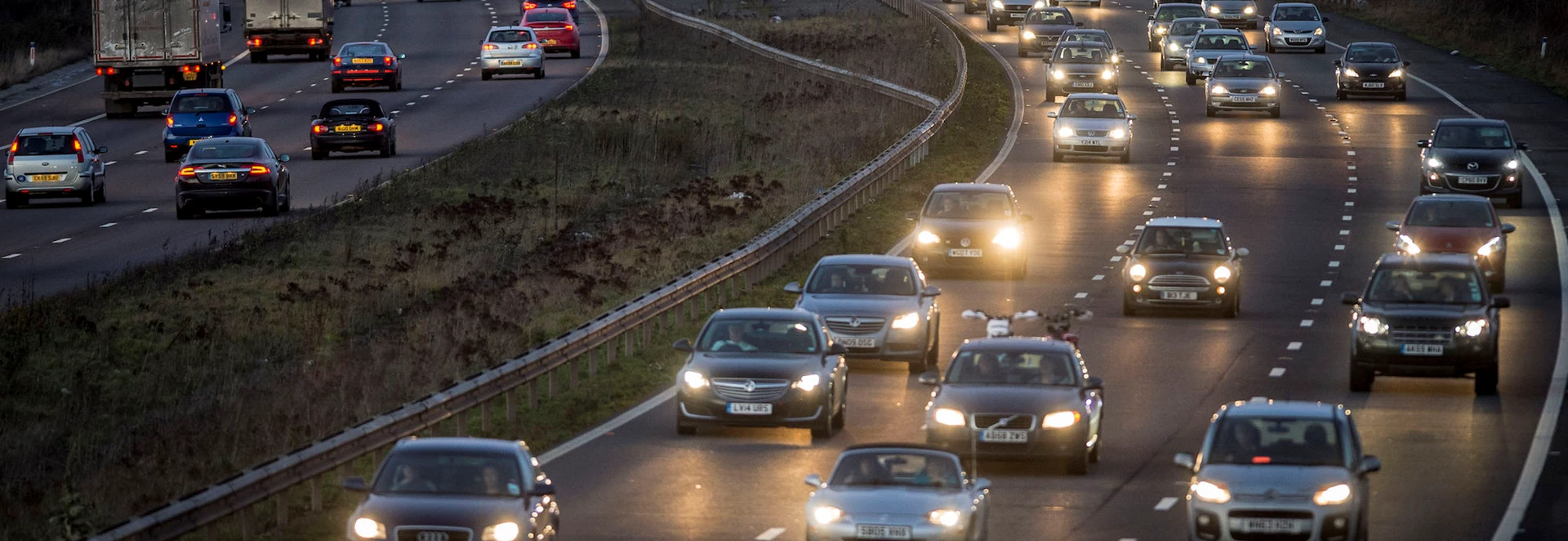Chancellor Phillip Hammond has revealed the Autumn statement, which included four major factors affecting British motorists going forward.
With announcements made on taxing of diesel cars, fuel duty, driverless cars and funding for electric vehicles, the latest budget statement could have a real say in how drivers will be affected.

The headline story is that diesel vehicles that don’t comply with current EU emissions regulations will be charged more for tax. That means diesel cars that emit the same amount of CO2 per kilometre as petrol vehicles will be charged a band higher – for example diesel cars in the 91g/km to 110g/km bracket will be charged £140 rather than the standard £120.
Higher emitting diesel cars will be hit the hardest as the gap between levels increase the higher the emissions levels.
Director of motoring services at AA Cars Simon Benson, said: “What consumers need now is clarity. Widespread confusion has knocked the market over the course of the year, so drivers need clear information about what charges both new Euro 6 diesels and older vehicles will face so they can make more informed car-buying decisions.”

In a bit of good news, diesel fuel duty has been frozen for the next year – meaning tax on fuel remains at 57.95p per litre. An increase could have meant a £160 increase on fuel bills for motorists.
With the future of motoring in the hands of electric and autonomous vehicles, Chancellor Hammond announced the driverless cars will be allowed on British roads from 2021 – which he hopes will make the UK a leader in autonomous technology. Projections suggest that the UK will be employing 27,000 people in the autonomous industry, which could be worth £28bn by 2035.

Finally, in conjunction with a £220m clean air fund, Mr Hammond said: “Our future vehicles will be driverless, but they will be electric first. And that’s a change that needs to come as soon as possible for our planet, so we’ll establish a £400m charging infrastructure fund, invest a further £100m in the plug-in car grant, and £40m in charging research and development.”
This is being implemented in the hope that electric vehicle ownership will increase and help reduce overall emissions in British cities.




